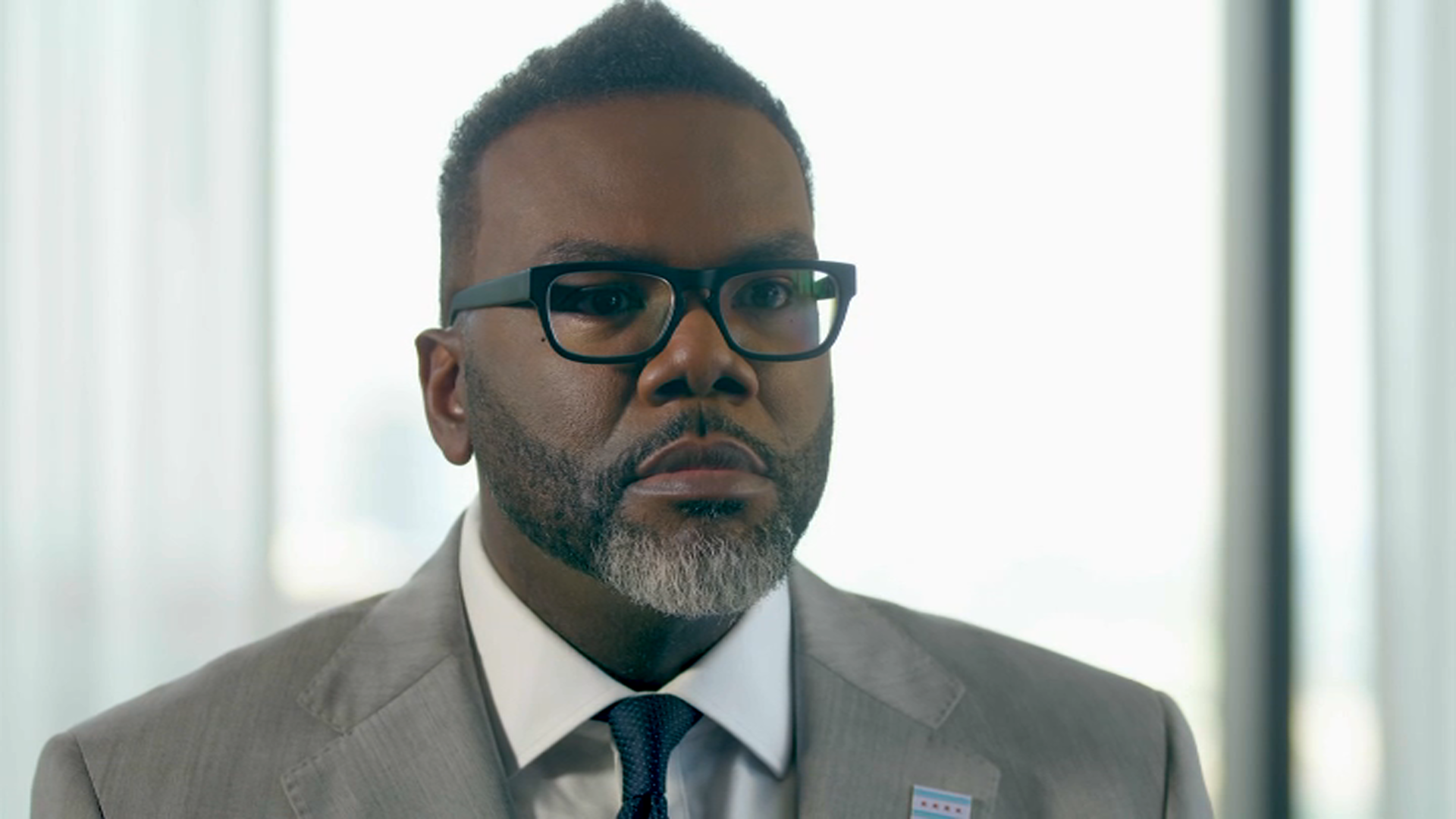Backlash has grown against a potential rate increase from the utility company Peoples Gas.
Illinois regulators are expected to vote on a proposed $402 million increase in November. If passed, this rate hike would be the largest gas increase in Illinois history.
Several other utilities are seeking record-breaking rate increases this year as well.
Last week, protesters urged the Illinois Commerce Commission to reject Peoples Gas' rate hike proposal.
Feeling out of the loop? We'll catch you up on the Chicago news you need to know. Sign up for the weekly Chicago Catch-Up newsletter here.
But across the city, Hubert Cruz, 81, was simply trying to stay warm in his Bucktown home without turning on his heat.
“It's like $80 or $89 a month. And I only cook maybe once or twice a week. I hate to see what happens here in the wintertime,” Cruz said.
The proposed rate hike would increase bills for people like Cruz by about $12 a month starting next year. A Peoples Gas spokesman said the company expects most customers will not see an increase because of falling gas prices.
Local
“I don't know when gas prices are going to go up again. But they will, we do know that they will. And then customers are going to be hit twice as hard because of this rate increase for Peoples Gas delivery rates, as well as the price of gas,” said Abe Scarr with Illinois PIRG, a non-profit watchdog organization.
The proposal comes at a time when the cost of living for most Chicagoans has risen.
Another thing that’s gone up? Peoples Gas profits.
According to the utility's year-end financial report, Peoples Gas made $208 million last year, breaking its earnings record for the sixth year in a row.
“For years, their authorized profit level has been around $100 million per year. But starting in 2017, we saw a new record. And every year since then, they've just gone up and up,” Scarr said.
According to the Citizens Utility Board, roughly one in five Peoples Gas' customers are already more than 30 days behind on their bills, which is worse than any other major utility in Illinois.
Peoples Gas spokesman David Schwartz said the pipes in Chicago’s heating system date back to the 1800s and need to be updated.
"This is the first time in nine years we’ve requested a rate adjustment, and we need it to ensure the ongoing safety, reliability, and environmental sustainability in the system,” he said.
Scarr stated that Illinois customers shouldn’t have to pay for the upgrade when the company is already making record profits.
“We don't think that they should be overhauling their entire system. And spending all this much money, which is increasing their profits, increasing our rates, increasing the affordability crisis in the city,” said Scarr.
Peoples Gas isn’t the only utility seeking to increase rates.
Ameren Electric is requesting a $481 million rate hike request, which could increase the average bill by $12 a month next year and about $31 more per month by 2027.
In a statement, Ameren Illinois said: "“Ameren Illinois filed a Multi-Year Grid Plan and associated rate plan on Jan 20 as required by law. This is the company's first four-year integrated grid plan filed under CEJA, a 2021 state law that aims to move Illinois to 100% carbon-free energy sources by 2050. The Multi-Year Grid Plan asks the Illinois Commerce Commission for approval of programs and investments the company will make to strengthen the reliability and resiliency of the electric grid and prepare for an equitable transition to clean energy. It will enable Ameren Illinois to continue to deliver safe, secure and reliable power in an equitable and cost-effective manner.”
ComEd is seeking a $1.5 billion rate hike, which will raise monthly rates by $17 in the next few years.
The utility released the following statement to NBC Chicago:
“ComEd’s proposed plans are critical to achieve the objectives of the Climate and Equitable Jobs Act (CEJA) and outline the critical investments needed to ensure the grid is prepared to withstand the more extreme weather caused by climate change as well as the new demands that will be placed on it by increased adoption of renewable energy and electrified technologies like EVs and heat pumps. We are hopeful that the ICC process will result in an outcome that allows ComEd to address these changes and challenges for the benefit of our customers and communities.”
Nicor Gas, meanwhile, requested a $321 million hike this year, which will cause rates to climb by an average of $9 a month.
Nicor offered the following statement regarding the proposed hike:
“In January, Nicor Gas filed a request with the Illinois Commerce Commission that would adjust rates to allow the company to meet the current and future demands of our 2.3 million customers for clean, safe, reliable and affordable natural gas service. The ICC has up to 11 months from that date to evaluate the request, and if approved as filed, the average residential customer would experience an increase of about $9.28 per month in their annual natural gas bill. Even with the proposed request, Nicor Gas’ distribution rates will remain among the lowest of any major natural gas utility in Illinois.
Any request to increase rates is not made without careful consideration of the impact to customers; however, this rate increase is necessary to run our business due to inflation and rising global impacts that continue to affect our operating and maintenance costs. The company’s cost of service is now increasing due to continued investments in our system infrastructure to meet new federal compliance-related regulations and industry best practices that help ensure system-wide reliability while proactively lowering our operational methane and greenhouse gas emissions.
This rate request will support critical investments such as the Dubuque Line Main Replacement Project that will replace sections of steel pipeline from 1959; modernize our storage system to ensure a constant supply of energy and limit price volatility; and expand the in-house locate and “Watch and Protect” programs to enhance customer safety through excavator education and increased focus on predictive analytics tools. “
Cruz, meanwhile, worries that higher utility bills will impact his ability to live independently on a fixed income.
“I don't think it's right. I live on a pension. And that's like another 20 $30 of my of my paycheck,” said Cruz.
“It's not fair. your hurting the poor person… even the middle class,” said Cruz.
Utility payment assistance programs
If you are having trouble paying your utility bills, the Community and Economic Development Association of Cook County, Inc. (CEDA) can help. For more information, visit its website or call 800-571-2332. You can find locations here.
All utilities also have their own payment assistance programs that can help those who are behind on their bills. You can find more information about them by clicking the utility's name:



